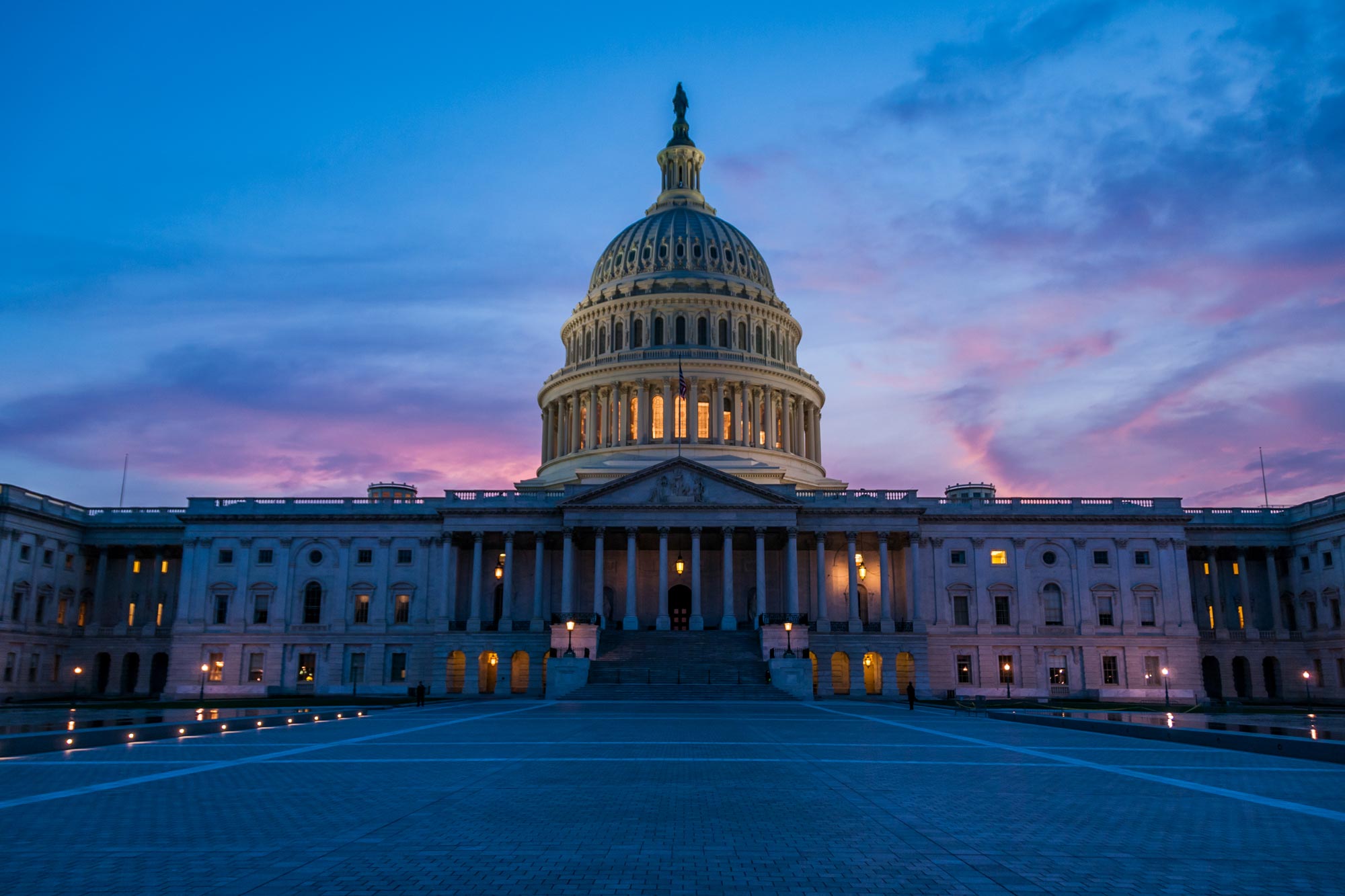On Wednesday, the U.S. House of Representatives voted to impeach President Donald Trump for a second time, charging him with inciting an insurrection after a group of his supporters stormed the U.S. Capitol one week earlier in a bid to stop lawmakers from certifying the 2020 presidential election.
Wednesday’s impeachment vote was historic by many standards; no president has ever been impeached twice in one term, or with only a few days remaining in office, and no president has ever faced such a grave charge.
We spoke with Barbara Perry, Gerald L. Baliles Professor and director of presidential studies at the University of Virginia’s Miller Center of Public Affairs, to get her thoughts on Wednesday’s events. Perry co-chairs the center’s Presidential Oral Histories program, has written or edited 14 books on presidents, first ladies, the Kennedy family, the Supreme Court and civil rights and civil liberties, and served as a U.S. Supreme Court fellow and with both Republican and Democratic members of the Senate.

Barbara Perry is the director of presidential studies at UVA’s Miller Center. (Photo by Amber Reichert)
She called the Jan. 6 events, watching rioters storm a building she reveres, “very painful,” and she remains deeply worried as impeachment proceedings get underway this week, with just one more week left in Trump’s term.
Here’s what she had to say as the House debated the single article of impeachment.
Q. The House is impeaching President Trump for the second time, which has never happened before. Can history tell us anything about how this might go or how we got to this point?
A. Like many things about Donald Trump’s candidacy and presidency, this is unprecedented, and we cannot look to history for a direct example. So there is little to guide us in that respect, but perhaps one signpost, if you will, is what Republican leaders did when President Richard Nixon was investigated during the Watergate scandal in 1974.
After the Supreme Court handed down a unanimous verdict that the president had to turn over tapes of evidence, and the House Judiciary Committee had voted on articles of impeachment, leading members of the Republican Party, including Republican senators and members of Congress, went to the White House and urged Nixon to resign. They reminded him that if he were impeached and convicted, he would lose not only the presidency, but all of the after-office benefits of having been president, and would lose their votes as members of his own party. Ultimately, Nixon did resign before the full House could vote on articles of impeachment.
That example does not offer any legal precedent for us now, but it does offer some historical precedent and also an instructive example of what party leaders did during a difficult time.
Q. The charge, “incitement of insurrection,” is obviously quite serious. What do you make of the House’s choice there?
A. Incitement is defined as promoting, encouraging or provoking illegal activity. To me, it is hard to get much clearer, when you look at Trump’s speech before the riot.
Two constitutional law and First Amendment cases I have read stand out as relevant. In one, Terminiello v. City of Chicago, a man who made a political statement at a rally (criticizing racial and political groups) was convicted of disturbing the peace and was challenging that ruling in the Supreme Court. The court ruled in his favor, but Justice Robert H. Jackson wrote a now-famous dissent arguing that we cannot “convert the constitutional Bill of Rights into a suicide pact.” That phrase has resonated with me lately – especially when considering that Jackson had just returned from the Nuremberg trials, where he was the chief U.S. prosecutor.










